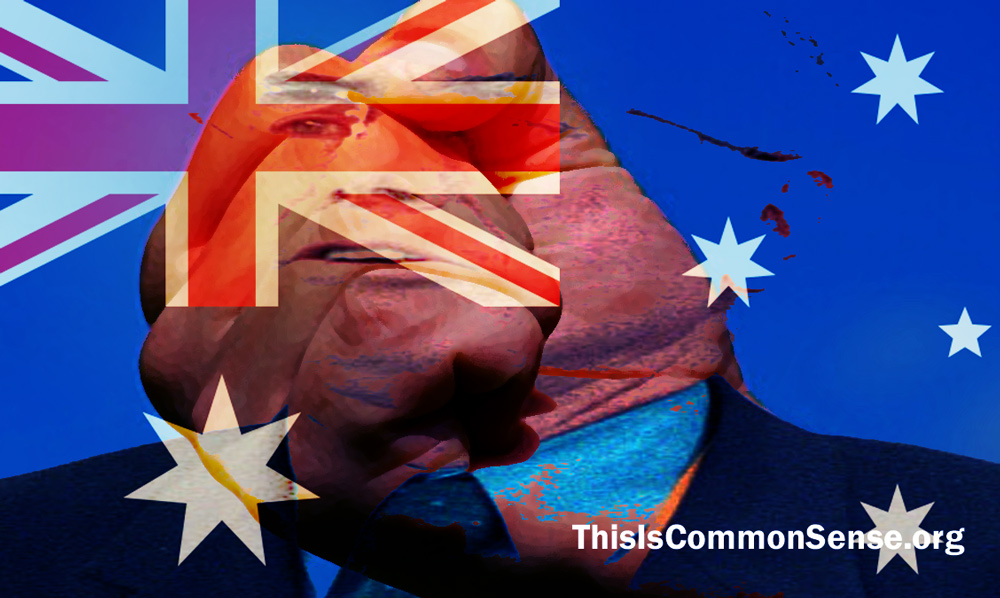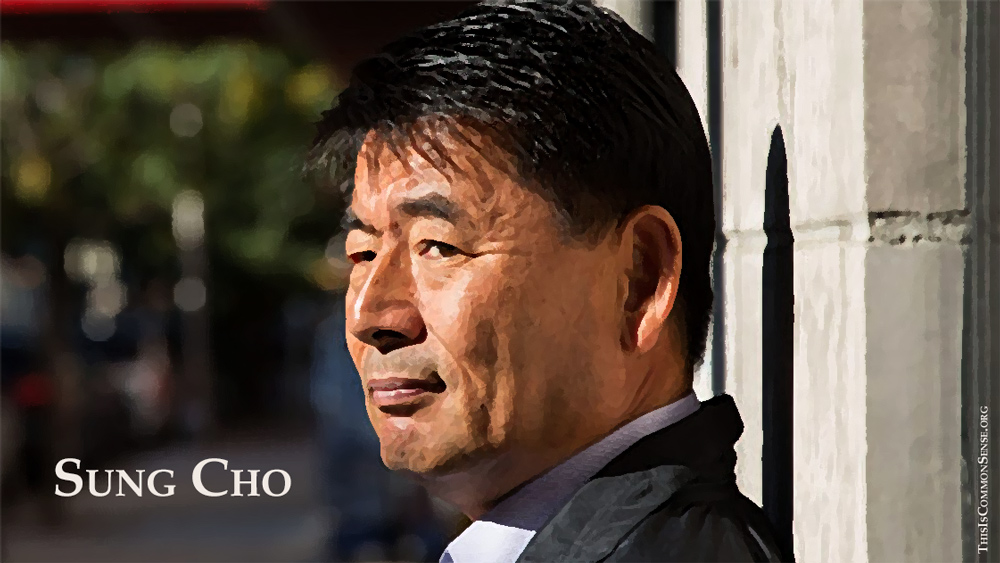“Australia is suffering a surge of authoritarianism, in part because of its lack of constitutional protections for liberty,” writes J.D. Tuccille at Reason.
Sydney, Australia, is going through another major round of lockdowns. When you see the popular reaction — the mass protests demonstrate how unpopular the lockdowns are — you might be inclined to think there’s hope.
But Mr. Tuccille finds the hope in Americans’ great historic fortune: we have a Bill of Rights.
Australian politicians, on the other hand, express thankfulness that Australia doesn’t have any deep constitutional limits to their powers.
While it is the current Aussie prime minister who plays tyrant today, Aussie tyranny was cogently expressed by a previous holder of the position, John Howard, whom Tuccille quotes — chillingly:
- “The essence of my objection to a Bill of Rights is that, contrary to its very description, it reduces the rights of citizens to determine matters over which they should continue to exercise control.”
- “I also reject a Bill of Rights framework because it elevates rights to the detriment of responsibilities.”
That first point is not made much less bizarre by the prime minister’s elaboration, expressed in a sentence Tuccille did not include, that a Bill of Rights must fail because it delivers “authority to unelected judges, accountable to no one except in the barest theoretical sense.” Yet, lacking a listing of rights, there are few things a beleaguered citizen can do but bend to the cop’s bludgeon and prime minister’s edict. (Hooray for judges?)
That second point is an old canard. Rights and responsibilities go hand in hand; every right has a flip-side duty.
In the context of a pandemic: people with rights oblige others to negotiate masks and vaccines and the like.
Where? On private property: outside of government. On public property: in legislatures.
Alas?
This is Common Sense. I’m Paul Jacob.
—
See all recent commentary
(simplified and organized)






